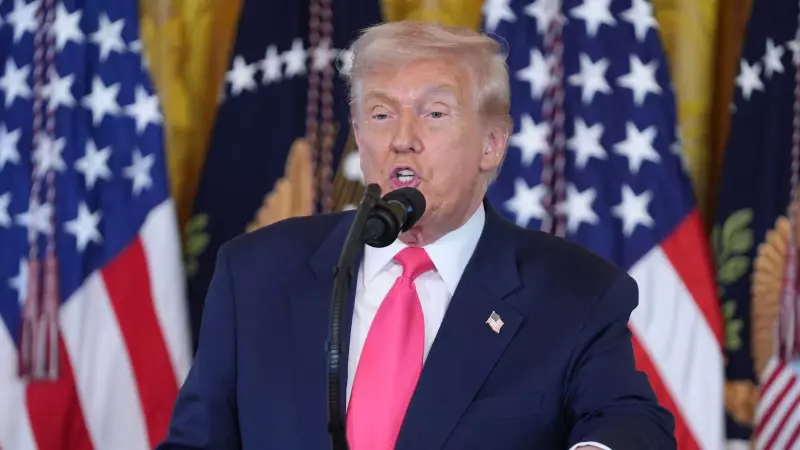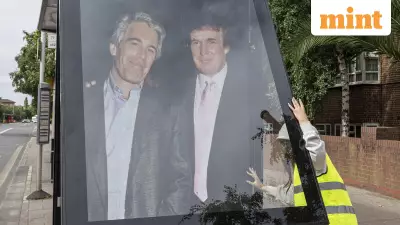
Former US President Donald Trump is prepared to eliminate tariffs on certain food imports if he returns to the White House, according to statements from United States Trade Representative Katherine Tai. This potential policy shift could significantly impact global agricultural trade and import-export relationships.
Trade Representative's Revelation on Tariff Policy
During a recent interview with the Financial Times, US Trade Representative Katherine Tai disclosed that Donald Trump has expressed willingness to remove import duties on specific food products. This development comes as the former president campaigns for potential re-election in the upcoming presidential race.
Tai emphasized that while Trump maintains his tough stance on trade generally, he recognizes the need for flexibility regarding certain essential food items. The trade chief indicated that this tariff relief would be targeted rather than broad-based, focusing on products where domestic production cannot adequately meet consumer demand.
Context of Trump's Broader Trade Agenda
The revelation about potential tariff reductions on food imports contrasts with Trump's otherwise protectionist trade agenda. The former president has famously advocated for increased tariffs on Chinese goods and other international products throughout his political career.
During his previous administration, Trump implemented sweeping tariffs on steel, aluminum, and numerous Chinese products, arguing that these measures protected American jobs and industries. His potential openness to reducing food import tariffs suggests a more nuanced approach to trade policy than commonly perceived.
Trade experts note that food price inflation has become a significant concern for American consumers, which may be influencing Trump's consideration of tariff relief on specific agricultural imports. With grocery costs rising steadily, reducing tariffs could help alleviate price pressures on certain food items.
Potential Impact on Global Trade Relations
The prospect of tariff reductions on select food imports could have substantial implications for international trade dynamics. Countries that export agricultural products to the United States might benefit from increased market access if these changes materialize.
However, Trade Representative Tai cautioned that any tariff adjustments would be carefully negotiated and would likely require reciprocal concessions from trading partners. The approach aligns with Trump's longstanding emphasis on bilateral trade agreements rather than multilateral frameworks.
Agricultural exporters from countries including India, Brazil, Canada, and European Union nations could potentially benefit from such policy changes, though the specific products eligible for tariff relief remain undefined.
The development highlights the evolving nature of trade policy discussions as the US presidential election approaches, with both candidates likely to refine their positions on international commerce in response to economic conditions and voter concerns.





